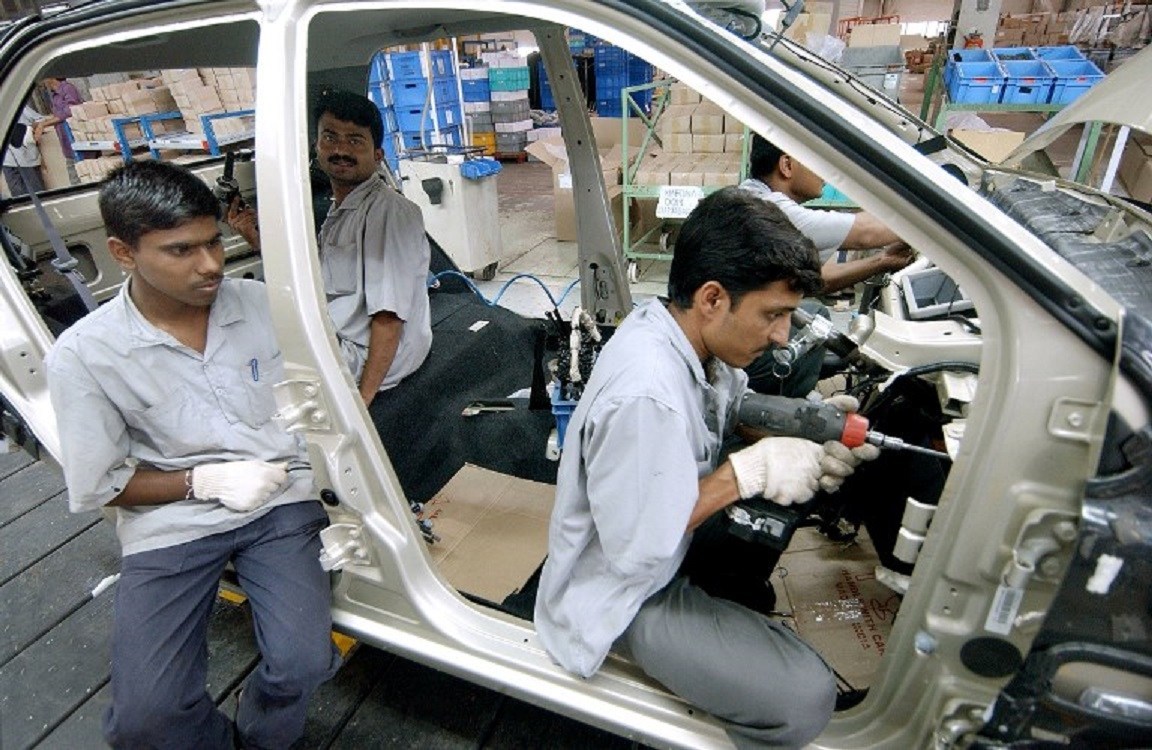[ad_1]
While the Indian auto industry is trying to wriggle out of supply chain constraints and a demand slowdown induced by the Covid-19 pandemic, they now have to contend with a global semiconductor shortage.
The usage of semiconductors in the auto industry has gone up as new models have more electronic features such as Bluetooth connectivity and driver assist. When the pandemic forced automakers to close down plants, semiconductor companies diverted production to consumer electronics. But once the automakers resumed production there weren’t enough chips.
Leading Indian automakers such as Tata Motors, Honda and Kia Motors are in touch with their partners to ensure a stable supply of semiconductors to keep their assembly lines humming.
Tata Motors officials feel the shortage will continue in the next fiscal year, while Honda officials expect some production-related disruption in the coming days. Kia Motors has claimed it is closely monitoring the situation. Mahindra & Mahindra and Ford India are also expecting a semiconductor shortage to hamper the production in the current fiscal year.
Bosch Ltd, a major supplier of semiconductors in India, has been hit following a global surge in demand from the consumer electronics industry. The Automotive Component Manufacturers Association said it is yet to gauge the overall impact this shortage will have on vehicle production.
Globally automakers are going easy on models that are not selling well, in order to divert the chips to hot-selling segments such as sports utility vehicles and pickup trucks. Infineon Technologies, NXP Semiconductor, Texas Instruments, STMicroelectronics and Toshiba are some of the prominent players in the global automotive chip market.
Meanwhile, car sales in India had registered double-digit growth in the month of December on the back of pent-up demand and festive season sales. The Federation of Automobile Dealers Associations stated that based on vehicle registrations with regional transport offices in the country, sales of cars rose 23.99% in December to 271,249 units, up from 218,775 units in the same period last year.
However, the growth comes on a low base as most automakers had last year slashed production of cars due to weak demand amid a transition to more stringent Bharat Stage-VI emission norms. On a sequential basis, it is lower than November (291,001 units).
[ad_2]
Source link














